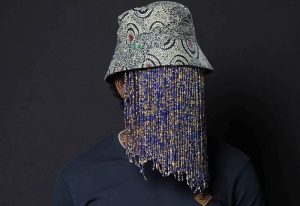The Ghana Anti-Corruption Coalition (GACC) has taken its anti-corruption campaign to some basic schools as part of activities to mark the 2023 Africa Union (AU) Anti-Corruption Day.
The day is marked across the Continent on July 11, to reflect on anti-corruption progress in communities, and to take stock of what is working, what is not working and what remains to be tried.
This year’s celebration is being marked on the theme, “Celebration of the 20th Anniversary of the Adoption of the African Union Convention on Preventing and Combating Corruption: Achievements and Challenges.
Selected basic schools in 31 districts across 14 regions were engaged to raise awareness of the negative effects of corruption and the role children could play to combat the menace in society.
In the Ashanti Region, GACC through its Local Accountability Network (LANet), engaged pupils of Santasi M/A Basic School on the importance of standing against corruption as citizens.
They discussed practices that constituted corruption and implored the children to refuse corruption under any circumstance.
They must be honest, law-abiding, patriotic, and disciplined and protect their integrity in all their endeavours both at home and in the school environment.
Mrs. Beauty Emefa Narteh, the Executive Secretary of GACC, in a speech read on her behalf, said Ghana was among 48 countries that had signed onto the African Union Convention on Preventing and Combating Corruption (AUCPCC) and ratified it as a covenant it subscribed to.
She said the country had also developed the National Anti-Corruption Action Plan (NACAP) to guide and strengthen anti-corruption activities in the country.
“What remains, however, is the domestication of the key aspects of the convention, including criminalising illicit enrichment, diversion of state property as well as conflict of interest,” she stated.
He called on the Executive and Parliament to work towards passing the Conduct of Public Officers Bill into law to enhance the fight against corruption in Ghana.
Corruption, according to her, remained a reality in Ghana and called on Ghanaians to revisit our cultural values that prohibited corrupt conduct.

Madam Aba Oppong, a Representative of LANet, underscored the need for the youth to be targeted in the fight against corruption to ensure sustainability in the campaign.
She said the greatest corruption against children was an early sexual encounter which was mostly perpetrated by adults who were supposed to protect such children and advocated stiffer punishment for culprits.
That is the way to go as a country to reduce the increasing rate of teenage pregnancy, school dropouts and general child delinquency, she opined.
Ashantibiz




